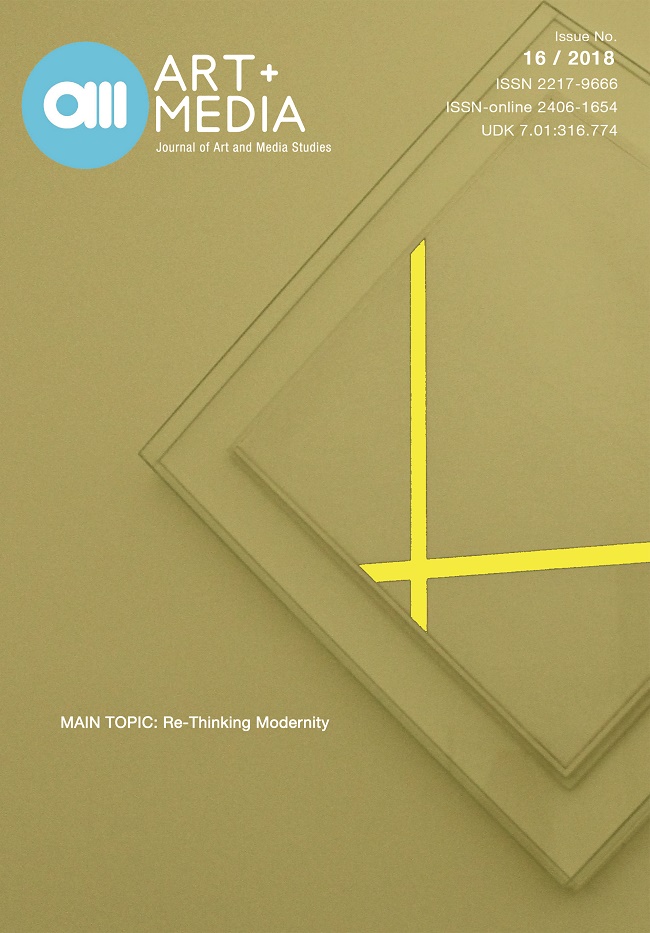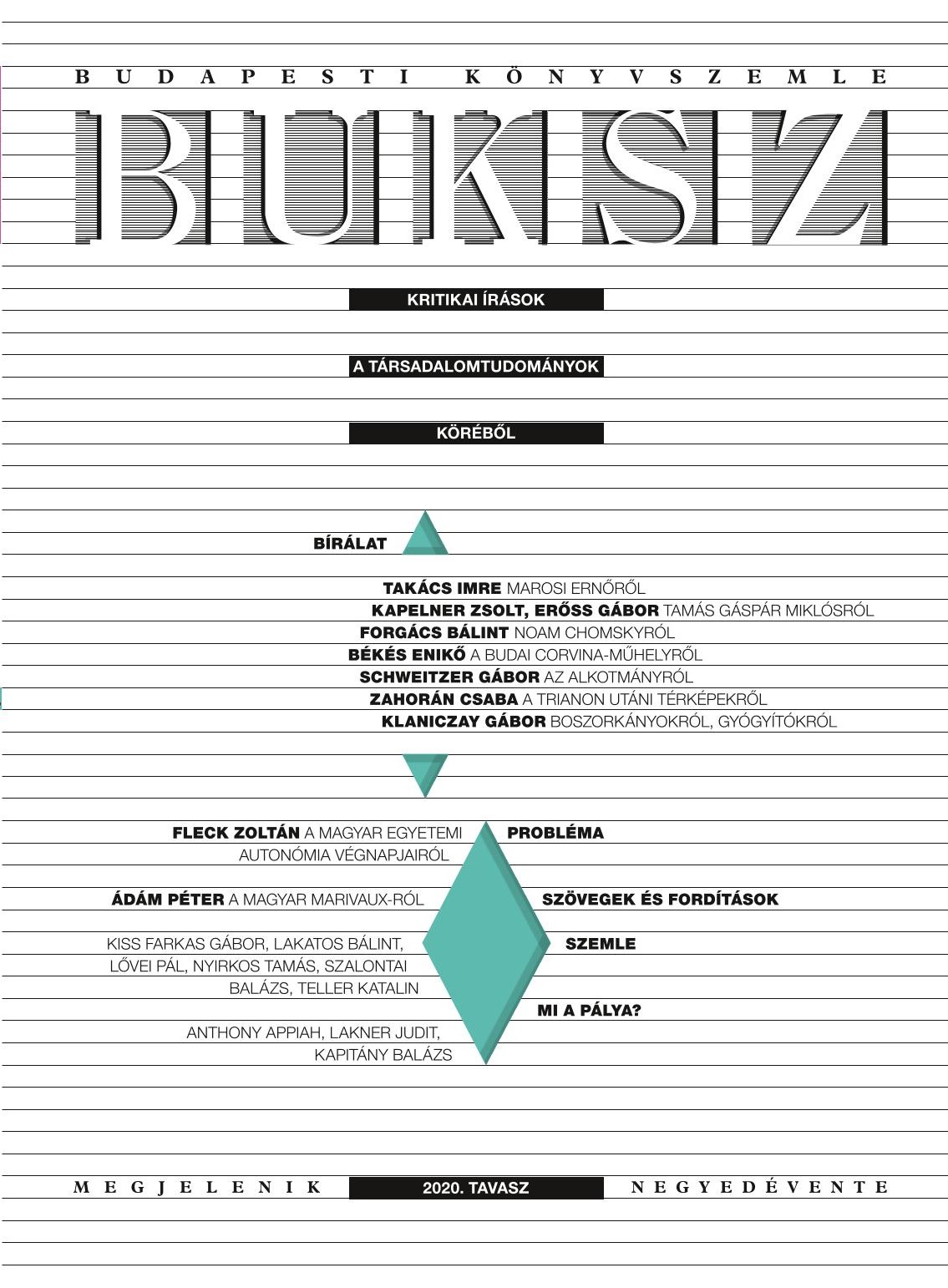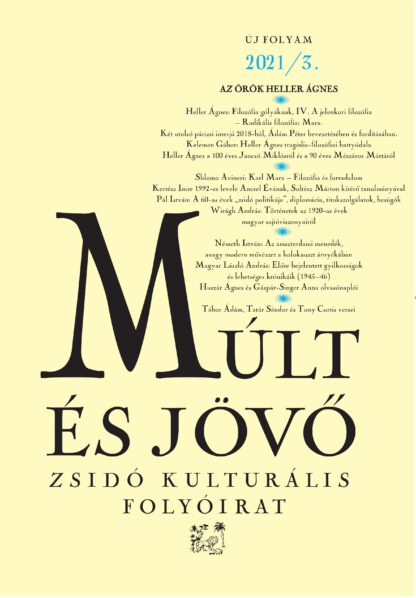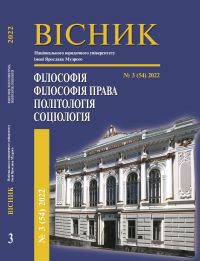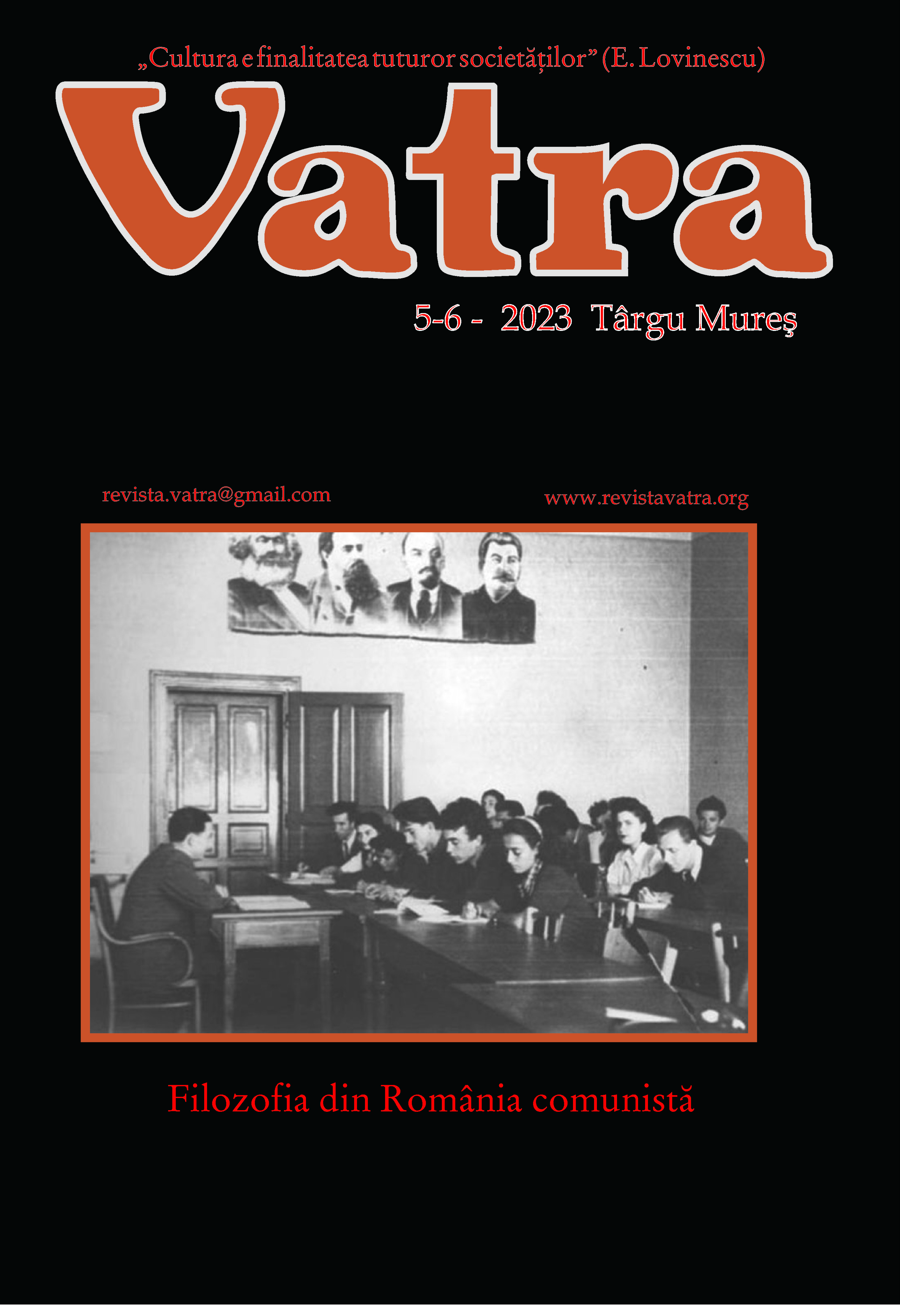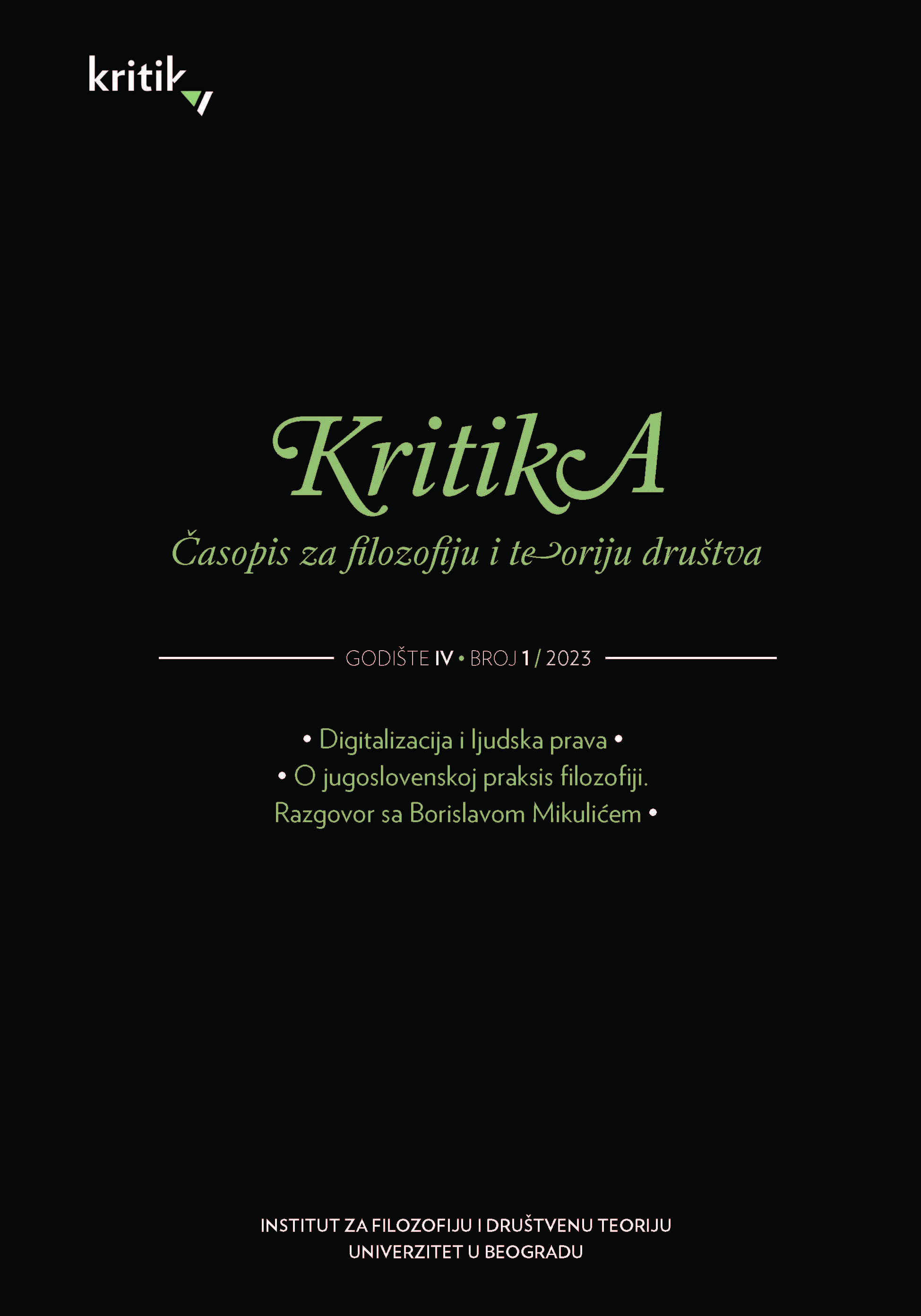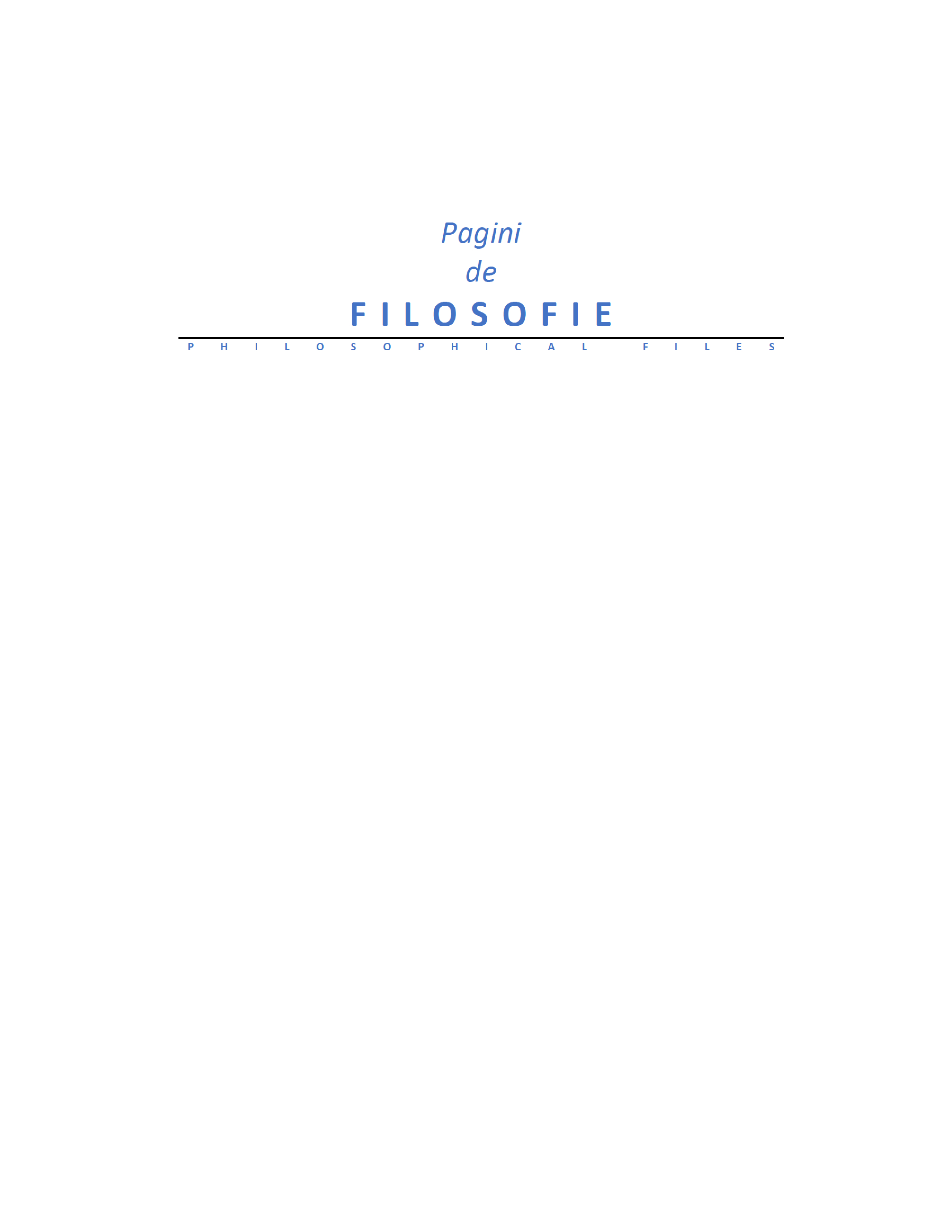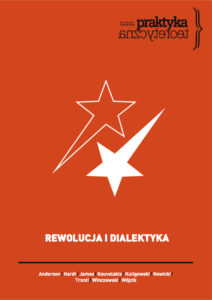
Lenin w Anglii
Lenin w Anglii to słynny tekst Trontiego otwierający pierwszy numer czasopisma „Classe operaia, założonego po tym, jak Tronti wraz ze współpracownikami zerwał ze środowiskiem pierwszego operaizmu skupionego wokół Quaderni Rossi. To właśnie w tym tekście Tronti sformułował słynny „kopernikański zwrot w marksizmie”, zgodnie z którym punktem wyjścia analizy rzeczywistości społecznej i historii kapitalizmu powinna być walka klasy robotniczej, a nie prawa rozwoju kapitału. Do zdefiniowania zwrotu popchnęła Trontiego przedstawiona w tekście diagnoza sytuacji włoskiej klasy robotniczej w latach 60. Kontrowersyjne tezy Trontiego i jego radykalna postawa wpłynęły znacząco na dyskusje prowadzone na radykalnej włoskiej lewicy i na działania wielu aktywistów w latach 60. i 70.
More...
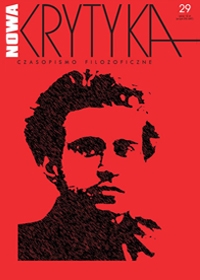
![Nikola Dedić, Rade Pantić and Sanela Nikolić (eds.), Savremena marksistička teorija umetnosti [Contemporary Marxist Theory of Art], Belgrade, Orion Art–Faculty of Media and Communications, 2015; 644 pp, ISBN: 978-86-6389-022-0](/api/image/getissuecoverimage?id=picture_2016_38006.png)
